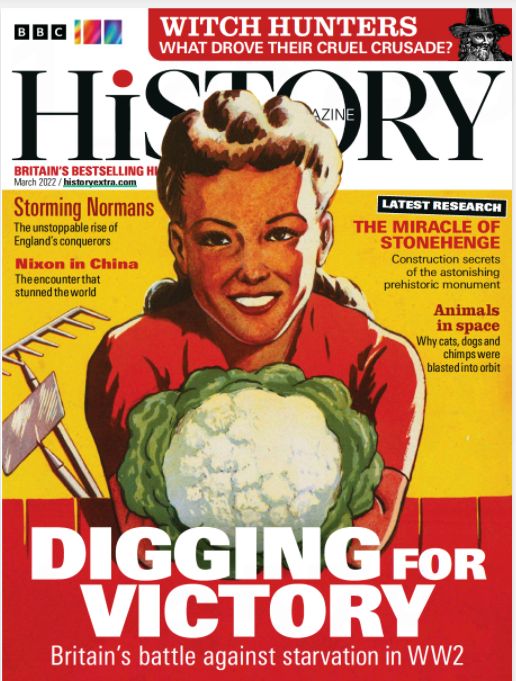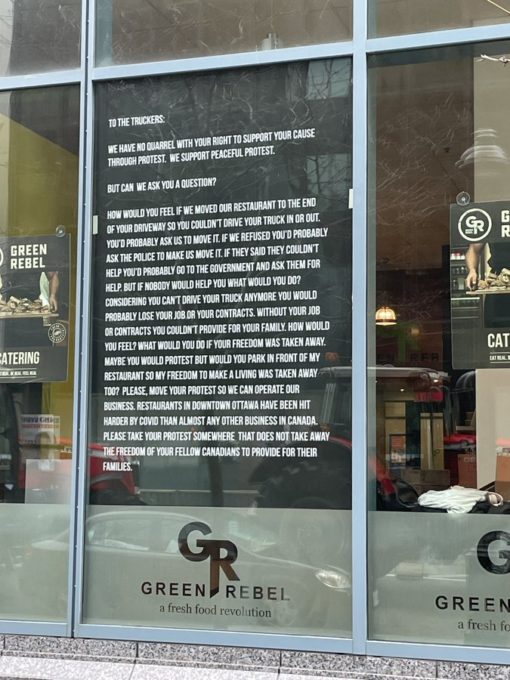A sentence in the article LAUNDRESSES & WASHERWOMEN: A SHORT HISTORY, by Adèle Emm in the March issue of Family Tree Magazine attracted my attention.
Water acquisition was particularly problematic during the UK’s Long Drought, 1890-1910, especially in London’s East End where water was often rationed to two hours a day.
How did that impact my two grandfathers and families living in London at the time?
The article An historical analysis of drought in England and Wales, Table 2, lists major droughts in England and Wales and comments on this Long Drought.
Major drought. Long duration (with some very wet interludes). Initiated by an extremely dry autumn and winter (driest Sept–April period on record). Exceptional cluster of relatively dry winters. Major and sustained groundwater impact, with significant water supply problems. Most severe phases: 1893, 1899, 1902, 1905.
 The normalized relative frequency of the word drought in the British Newspaper Archive collection shows 1893 was a standout drought year. Newspaper mention reflects the social impact.
The normalized relative frequency of the word drought in the British Newspaper Archive collection shows 1893 was a standout drought year. Newspaper mention reflects the social impact.
Treating the British Islands as a whole, the drought may be considered as embracing by much the greater part of the country for the fifteen weeks beginning with March 5. www.nature.com/articles/048295b0

The chart shows the relative frequency of the word drought in the British Newspaper Archive in 1893, consistent with contemporary rainfall reports.
The drought was most severely felt in the south of England, east London had 73 consecutive days without rain. The British Meteorological Office Monthly Weather Report stated March rainfall was less than a quarter of the average, less than one-tenth normal for Southern England in April, less than half average for May in Eastern and Southern England, as was the case for Central and Southern England in June. https://digital.nmla.metoffice.gov.uk/IO_088ec0d8-f23f-4f7f-bc31-85c047073a98/
The Registrar General’s report for 1893, as summarized in The Lancet, Vol 1, 1895, commented on an elevated death rate for children and young adults from diarrhea, diphtheria, smallpox and enteric diseases attributed to high temperature and deficient rainfall, especially in the south-eastern counties of England.
Obviously, my grandfathers survived! There may even have been an upside in the short term as farmers, unable to find grazing and fodder for livestock sent large numbers to market depressing prices.
Mentions of drought in newspaper articles for the first two months of 1893 were largely for places overseas, notably Australia. A summary of the year was that drought “extended over nearly the whole of Europe, large portions of Canada, the United States, and other parts of the globe.”
 Filae Family Trees is a collection containing 269,472,549 records, new and the 11th largest database on MyHeritage. It’s a compilation of lineage-linked trees submitted by Filae.com users. The content comes from further afield than France.
Filae Family Trees is a collection containing 269,472,549 records, new and the 11th largest database on MyHeritage. It’s a compilation of lineage-linked trees submitted by Filae.com users. The content comes from further afield than France.


 Here are the feature articles in the new issue available on PressReader.
Here are the feature articles in the new issue available on PressReader.
 Following on last week’s FMP workhouse and Nonconformist collections, this week it’s over 500,000 additions to Norfolk parish baptisms, bringing the total to over 3.5 million. Marriages and banns now total 2.4 million; and burials 2.7 million with this week’s additions.
Following on last week’s FMP workhouse and Nonconformist collections, this week it’s over 500,000 additions to Norfolk parish baptisms, bringing the total to over 3.5 million. Marriages and banns now total 2.4 million; and burials 2.7 million with this week’s additions. The normalized relative frequency of the word drought in the British Newspaper Archive collection shows 1893 was a standout drought year. Newspaper mention reflects the social impact.
The normalized relative frequency of the word drought in the British Newspaper Archive collection shows 1893 was a standout drought year. Newspaper mention reflects the social impact.